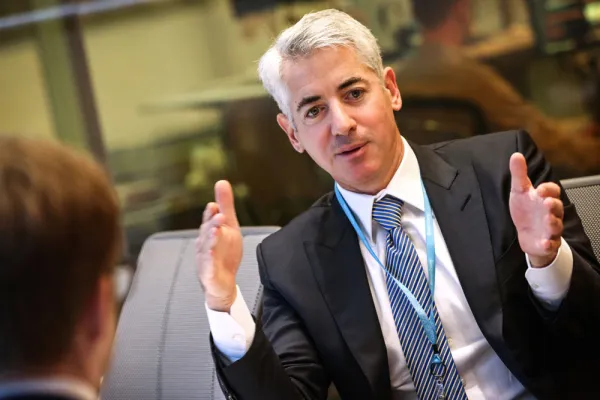The two elements of financial reform that most upset the big Wall Street banks were The Volcker Rule, an outright ban on proprietary trading, and Senator Blanche Lincoln's proposal to force banks to spin off derivatives dealing businesses into arm's length, separately capitalized affiliates.
Not that it was a shock to anyone closely following the reform debate over the past year, but in the wee hours of last Friday morning, deals were struck to weaken both of these provisions. Banks can still trade up to 3 percent of capital. Add in leverage, Basel allowances, and, put another way, banks can still very much enter into huge, high-risk trades that could blow up and create a cascading financial catastrophe. Surely no one has that in mind, and risk controls are ever improving, but still...
I honestly think that these 11th hour Volcker/Lincoln dilutions (it is said that Scott Brown, the buff, Bay State Republican, played a key role defending the bank's agenda, which will either confuse or delight Tea Partiers and right wing pundits alike) were completely staged; that they were thought up and decided upon weeks ago. So, why the high-stakes drama lasting past 5 a.m.? My hunch is it was 100 percent manufactured to allow the perception that the wheels of our great system of Democracy were turning.
But then comes the morning. Now, I suspect President Obama reads trade magazine Websites now and again, so there’s still actually time for him and lawmakers to take a hard look at the worst of the events from the 2008 financial crisis. They should forget all of the deals they cut and analyze the crisis coldly one more time (the Financial Crisis Inquiry Commission should be forced to come up with a 10-page preliminary report in the form of a top ten list to be reviewed alongside the bill as a companion piece). Then everyone involved should ask themselves, seriously, does this legislation really fix anything?
For example, with regards to AIG and its various counterparties that had to be bailed out — so what happened there? What of that giant pile of CDS risk that sat unnoticed, with worst case connotations totally unplanned for and unappreciated until the massive chain of mega wagers went terribly wrong? Yes, that whole thing. Is a repeat scenario in any way prevented by the new law? I'm not sure it is.
A central risk examiner will be able to take a read of the swaps market (notionally pegged to an unholy amount of trillions), but the banks can still enter into highly leveraged deals, insufficiently collateralized transactions with one another, deals/bets that can and will blow up.
Yes, there is a new provision for an orderly government takeover of teetering institutions, but there was a chance here to ban the sale of TNT to teenagers and instead we created a state-run burn treatment facility. That stings.







